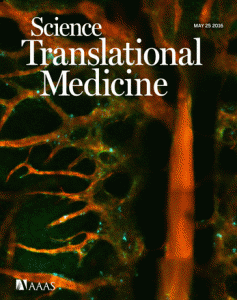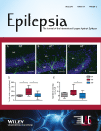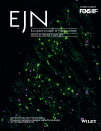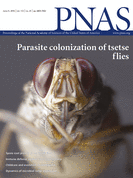 A PNAS paper that caught the media’s attention for suggesting that adding silk could stabilize vaccines and antibiotics has been pulled after the authors realized there were significant errors in the data analysis.
A PNAS paper that caught the media’s attention for suggesting that adding silk could stabilize vaccines and antibiotics has been pulled after the authors realized there were significant errors in the data analysis.
According to the notice, the authors agreed to retract the 2012 paper; however, the corresponding author told us the authors did not think a retraction was required as, according to him, the conclusions remained valid.
The paper presented a solution to the long-standing problem that sensitive biological compounds such as vaccines and antibiotics begin to lose their effectiveness outside the recommended temperature range, and naturally biodegrade over time. The degradation process cannot be reversed, and may even speed up during transport or storage under less ideal temperatures.
Here’s the retraction notice: Continue reading Authors retract PNAS paper suggesting silk stabilizes vaccines
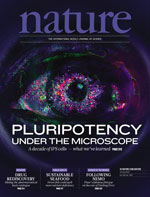


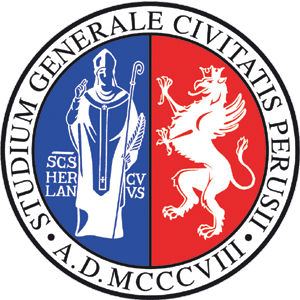
 JAMA and another journal in its network have retracted three 2005 papers about preventing hip fractures, after an admission of scientific misconduct.
JAMA and another journal in its network have retracted three 2005 papers about preventing hip fractures, after an admission of scientific misconduct. 